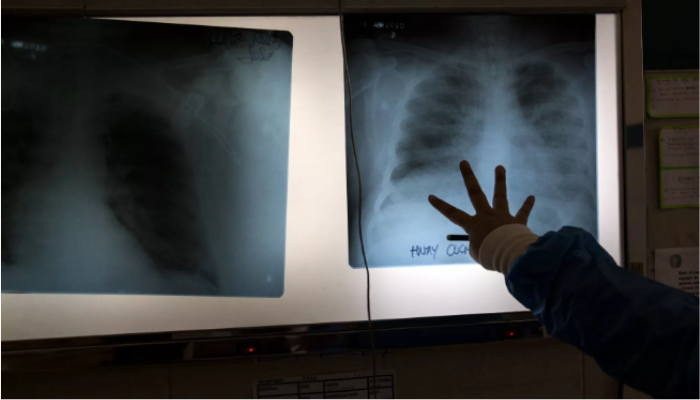
The World Health Organization (WHO) has raised serious concerns over the harmful impact of global aid cuts on the fight against tuberculosis (TB). With funding dropping sharply, the battle against the world’s deadliest infectious disease is at risk, especially in more than two dozen countries already grappling with TB. Health experts have warned that these financial reductions could lead to a global resurgence of TB, a disease that claims 1.25 million lives each year.
The WHO highlighted that nations in Africa, Southeast Asia, and the Western Pacific are being hit hardest, with anti-TB services facing severe challenges. Medical personnel shortages, delays in diagnostic programs, and a lack of outreach efforts are impeding the fight against the disease. Nine countries are experiencing critical shortages of TB medication, which patients must take daily for up to six months. Any disruption in treatment could lead to the development of drug-resistant TB strains, complicating future efforts.
A significant factor behind these setbacks is the reduction in funding from major donors, particularly the United States, which has long been one of the largest supporters of global TB programs. Recent cuts have left a considerable gap in the resources needed for TB prevention, treatment, and screening, jeopardizing the progress made over the past two decades.
The WHO has urgently called for the restoration of funding to prevent the resurgence of TB. The rising resistance of the disease to antibiotics and ongoing conflicts in regions like Europe, the Middle East, and Africa are further exacerbating the situation.
This warning from the WHO underscores the critical need to maintain and expand global health aid to combat tuberculosis. Immediate action is needed to ensure effective TB control and to safeguard vulnerable populations from its devastating effects.
